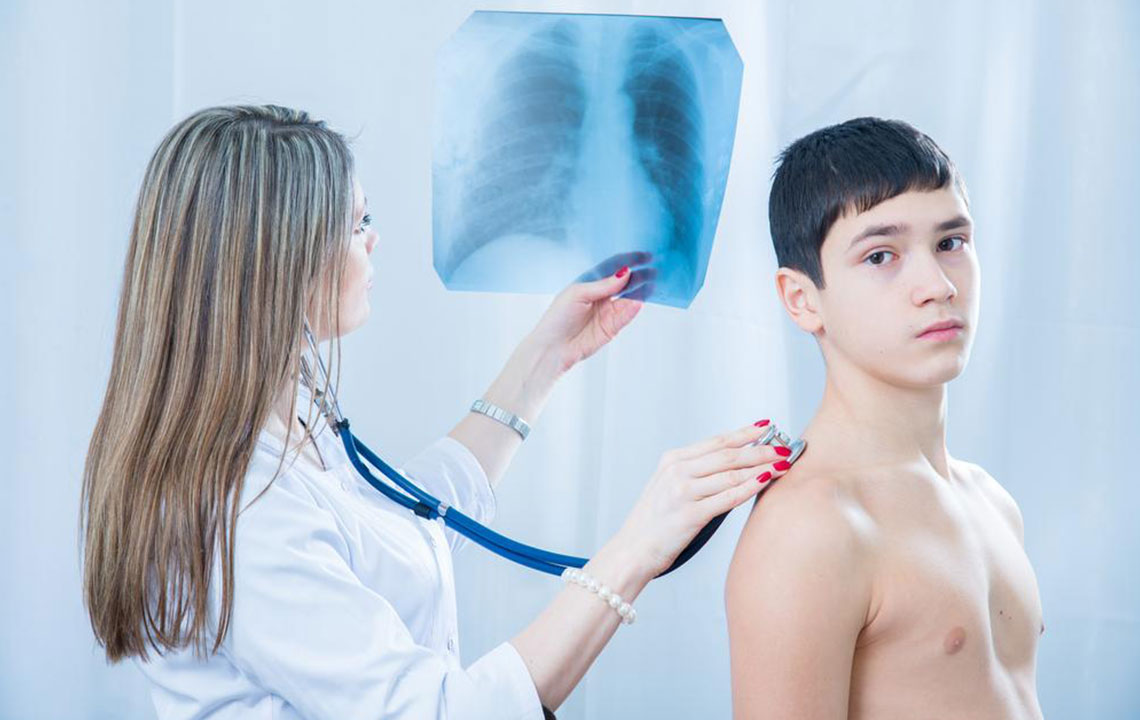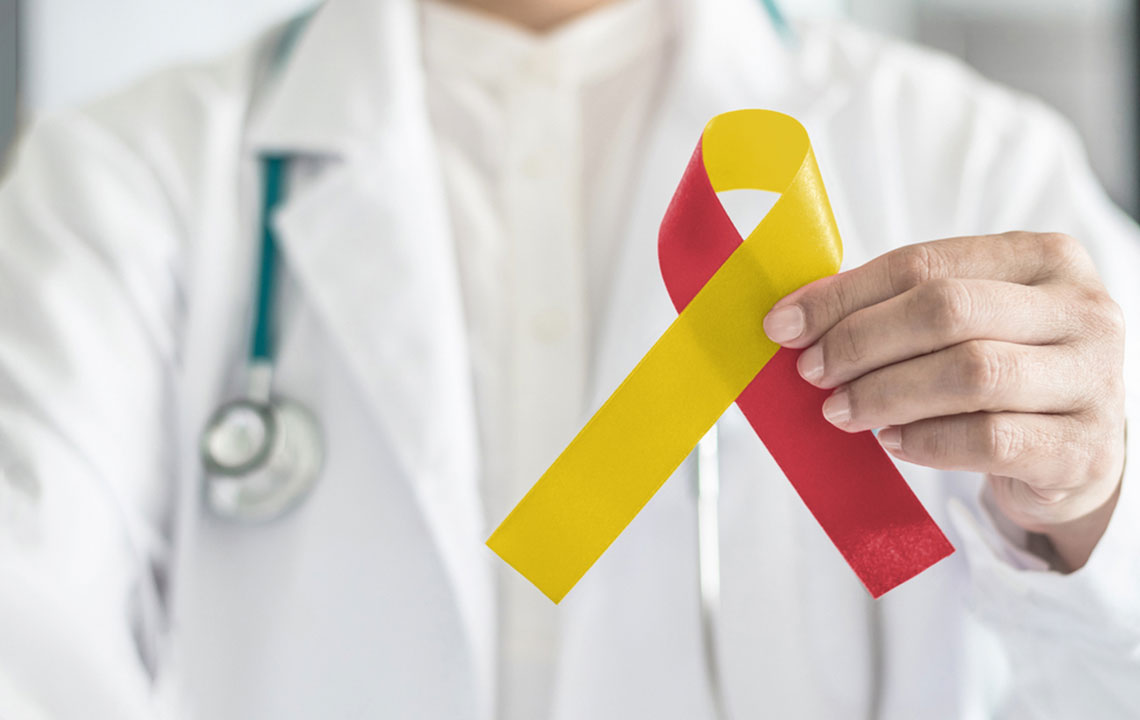In-Depth Guide to Pneumococcal Pneumonia: Causes, Symptoms, and Prevention Strategies
This comprehensive guide explores pneumococcal pneumonia, detailing its causes, symptoms, high-risk groups, and prevention strategies. Learn how early detection, vaccination, and timely treatment can reduce the disease's impact, especially among vulnerable populations like the elderly and immunocompromised. Understand the significant health risks associated with this bacterial infection and how public awareness plays a vital role in prevention efforts.

Understanding Pneumococcal Pneumonia: A Comprehensive Overview
Introduction to Pneumococcal Pneumonia Pneumonia is a serious respiratory illness that has a significant impact on lung health. Among the various infectious agents, pneumococcal bacteria, specifically Streptococcus pneumoniae, stands out as one of the leading causes of pneumonia worldwide. This bacterial infection doesn't just affect the lungs; it has the potential to spread further, impacting the bloodstream, nervous system, and middle ear, leading to severe health complications. Understanding the nuances of pneumococcal pneumonia, including its causes, symptoms, risk factors, and prevention methods, is essential for effective management and reducing its burden on public health.
What is Pneumococcal Pneumonia?
Pneumococcal pneumonia is an infectious disease caused by the bacteria Streptococcus pneumoniae, which primarily targets lung tissue, resulting in inflammation and impaired respiratory function.
If untreated, the infection can invade the bloodstream, tissues, or spinal cord, escalating into life-threatening conditions such as sepsis or meningitis. Prompt diagnosis and treatment are vital to prevent severe complications.
Individuals with chronic health conditions such as lung diseases (like COPD or asthma), liver disease, or heart disease are at heightened risk. These underlying conditions can compromise their immune system, making them more susceptible to infection.
People living with compromised immune systems, including HIV/AIDS patients or organ transplant recipients on immunosuppressive therapy, are especially vulnerable to pneumococcal disease.
Recognizing the Symptoms of Pneumococcal Pneumonia
The clinical presentation of pneumococcal pneumonia often appears abruptly, with symptoms intensifying quickly. Recognizing these early signs is crucial for timely medical intervention and better outcomes. Common symptoms include:
Sudden chills followed by shivering
High fever accompanied by sweating
Persistent cough that may produce phlegm
Rapid and difficult breathing
Chest pain, often sharp and located during inhalation or coughing
Muscle aches, fatigue, and malaise
In addition to the primary symptoms, some individuals might experience less common signs such as:
Headaches
Vomiting or nausea
General body aches
Weakness and extreme fatigue
Important Facts About Pneumococcal Infection
Pneumococcal pneumonia is a serious health threat that shouldn't be underestimated. Here are some key facts everyone should be aware of:
Persons over 65 years of age are thirteen times more likely to be hospitalized due to this infection compared to younger adults, highlighting the increased vulnerability with age.
The typical duration of hospital stays for pneumococcal pneumonia is around six days, though this can vary based on the severity of the illness and the patient's overall health.
Severe cases can result in fatalities, emphasizing the importance of early detection and medical management.
The disease can develop quickly and can occur in any season — not only during the colder months traditionally associated with respiratory infections.
Healthy young individuals are not immune; even people without prior health issues can develop severe pneumonia.
Immunosenescence, or the natural decline of immune system function with age, significantly contributes to increased risk among the elderly.
Pre-existing conditions like asthma, diabetes, or chronic obstructive pulmonary disease (COPD) further elevate the risk of severe infection.
Vaccination plays a critical role in prevention by enhancing immune response and reducing the chance of contracting pneumococcal disease.
What Causes Pneumococcal Disease?
The disease is primarily caused by the bacteria Streptococcus pneumoniae, though other pathogens such as certain viruses and fungi can also lead to pneumonia.
The bacteria spread through respiratory droplets emitted when infected individuals cough or sneeze, contaminating the air and surfaces nearby.
Asymptomatic carriers, especially among children, can disseminate the bacteria unknowingly, making transmission difficult to prevent without proper precautions.
Why Is Pneumococcal Disease So Dangerous?
It accounts for approximately one-third of community-acquired pneumonia cases worldwide, demonstrating its global health significance.
Vulnerable populations, such as the immunocompromised and older adults, face higher risks of severe illness and death.
While many cases respond to antibiotics, delayed or inadequate treatment can lead to complications or death, particularly in high-risk groups.
The disease imposes a substantial burden on healthcare systems due to hospitalizations and long-term health consequences in severe cases.
How is Pneumococcal Pneumonia Diagnosed?
Diagnosis involves a comprehensive clinical assessment, including patient history and physical examinations.
Imaging techniques, especially chest X-rays, help confirm the presence of pneumonia and assess its severity.
Laboratory tests such as sputum analysis, blood cultures, and rapid antigen detection aid in identifying the causative pathogen.
Early and accurate diagnosis is crucial for initiating effective antibiotic therapy, which can significantly improve patient outcomes.
Most patients experience symptom relief within approximately 36 hours of starting appropriate antibiotics, highlighting the importance of prompt treatment.
In conclusion, pneumococcal pneumonia remains a major infectious cause of illness globally. Its rapid onset, potential severity, and risk factors underline the importance of prevention through vaccination, early diagnosis, and effective treatment strategies. Public awareness about the disease's symptoms, transmission, and preventive measures is essential to reducing its impact and saving lives.





